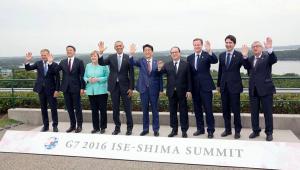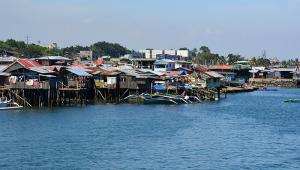By Nick Mann | 26 November 2012
European Union leaders say they are confident they will reach a deal on the long-term budget early next year, after their two-day summit in Brussels ended without agreement.
Net contributors to the budget oppose the European Commission’s proposed rise in spending between 2014 and 2020, saying the budget should be either frozen or cut.
European Council president Herman Van Rompuy is reported to have offered to reduce his original budget proposal of €971bn (£786bn) to €940bn, but Germany, the Netherlands, Sweden and the UK are among those arguing for further cuts.
UK Prime Minister David Cameron said the deal proposed by Van Rompuy was ‘not good enough’. ‘It wasn’t good enough for Britain, and neither was it good enough for a number of other countries including Germany, Sweden, the Netherlands, Finland, Denmark,’ he explained.
‘All of these countries are net-contributors to the EU. In other words, like Britain, they write the cheques. And together we had a very clear message. We’re not going to be tough on budgets at home just to come here and sign up to big increases in European spending.’
Cameron said it was ‘not acceptable’ to ‘tinker around the edges’ by moving money from one part of the EU budget to another.
‘We need to cut unaffordable spending. That is what’s happening at home, that is what needs to happen here and that is why we and others rejected the deal that was on the table,’ he added.
Van Rompuy downplayed the failure to reach agreement, which will now prompt further talks before another budget summit takes place in the new year.
‘There’s no need to dramatise: these budget negotiations are so complex they generally take two goes,’ he said.
He added: ‘There are still existing divergences of views but there is still a sufficient degree of potential convergence to make an agreement possible in the beginning of next year.’
European Commission president José Manuel Durão Barroso acknowledged that there were still ‘important differences of opinion on a number of key issues’ – including the overall size of the budget and the ‘fairness’ of how it was distributed between member states.
But he shared Van Rompuy’s confidence that agreement could be reached and stressed how important it was that the final deal should focus on creating jobs and growth in Europe.
‘We need a budget that will allow the EU to live up to its responsibilities at home and abroad for the next seven years. Of course, we also know that in the end everyone needs to compromise, so that everyone can find themselves in the deal,’ he said.













